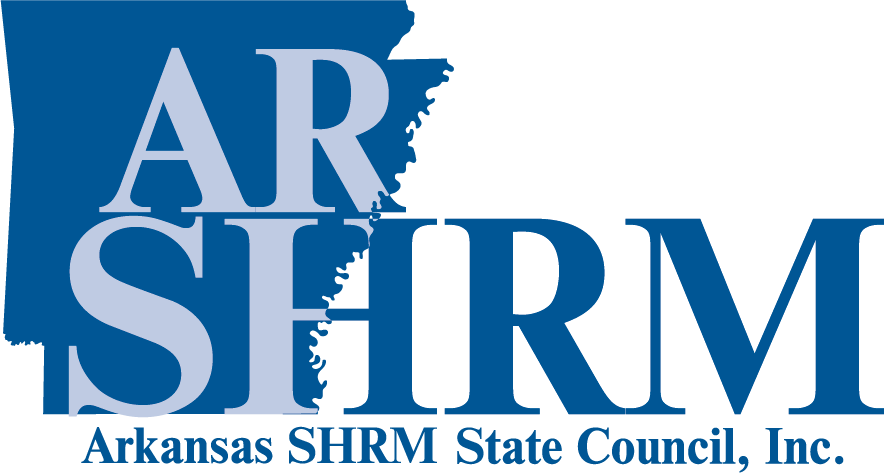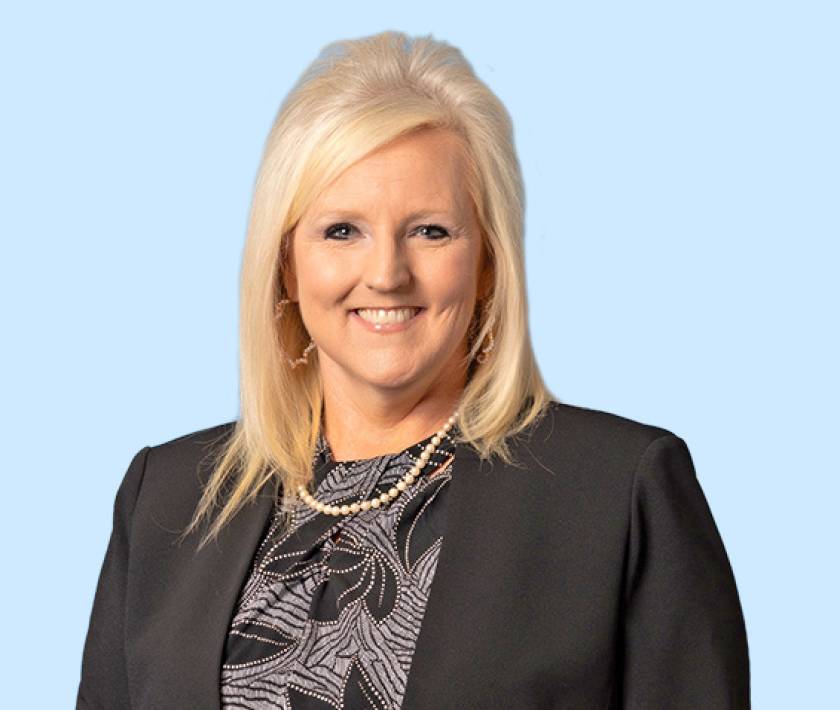by Arkansas Business Staff (see the original here - requires login)
Monday, Oct. 2, 2023 12:00 am 2 min read
Holley Little is the director of the Arkansas SHRM State Council, which supports thousands of human resources professionals in Arkansas. Since June, she has been the senior talent acquisition partner at Southern Bancorp. of Little Rock, where she has worked since 2022. Little is an appointee to the Arkansas Workforce Development Board and is a past two-term president of the Benton Board of Education.
Little is a Henderson State University graduate.
What are the top priorities companies have for their HR departments in the current labor market?
The complete employee experience is very important in today’s business climate. HR departments are tasked with attracting top talent and helping to maintain it through plans such as employee engagement, flexible workplace options, assertive total reward packages and experience-based pay, just to name a few. Successful HR departments must be agents of change while championing the positive effects of diversity, equity and inclusion, ever-changing company strategies and constantly evolving technology, as well as other culture-based initiatives and resources.
What are the key trends in employee benefits now?
While health care affordability is still paramount to employees, personal benefits such as work-life balance, physical and mental health well-being options and uninterrupted personal time off are important to employees. As a result of the COVID-19 pandemic, many employees see remote and hybrid workplaces as negotiables instead of simple value-added offerings of the past.
What out-of-the-box ideas are you seeing employers use to lure and retain workers?
Personalized incentive plans, flexible workplaces and purpose-driven work initiatives are becoming more commonplace to employers than in years past.
What are the most notable differences you see in generational work styles? How can companies manage these differences?
Acknowledging and embracing generational differences within a workplace set the tone for the overall management of the different work styles. Respect and understanding the differences is crucial between the generations, and that is best shown from the top down. If a company sets an expectation for the different generations to work together successfully, it must invest in the training and resources needed to help the generations accomplish the goal.
What is the most common complaint employees have about their supervisors?
The lack of feedback and support continues to be a chasm between employees and supervisors. Employees do not want to be caught off guard during a performance review with notes a supervisor has been keeping but has not previously shared. Positive coaching is also important to employees, along with being managed in the way they need to be managed individually.
What is the most common complaint supervisors have about the employees they manage?
Commitment versus compliance is something supervisors look for in employees. Supervisors want employees who have a strong work ethic, want to be part of a team, use critical thinking and problem-solving skills and communicate in a professional manner, regardless of generation.
What’s one of the ways an HR professional can reduce the chance of an employment-related lawsuit?
HR departments must address issues as soon as they are made aware. Proper documentation, open communication and clear expectations between employees, frontline supervisors and upper management must be explained and followed throughout any employee-related matter.
What do you like most about your work in human resources?
I like being part of the entire employee experience and helping to make a difference every day. Arkansas has some incredible HR professionals who provide so much to their companies. I am proud to be part of ARSHRM and appreciate all it has afforded my professional and personal growth throughout the years.

